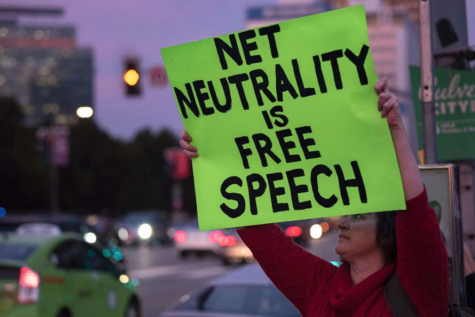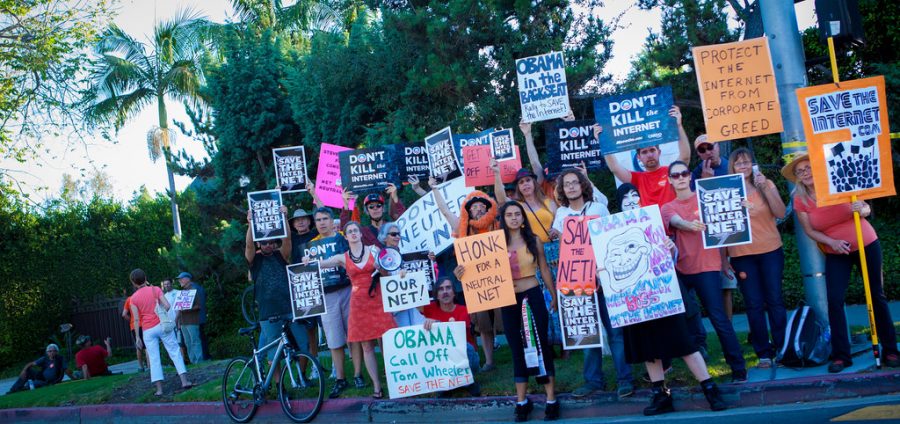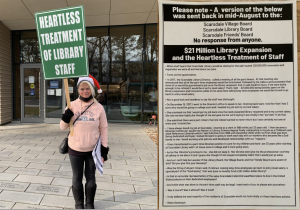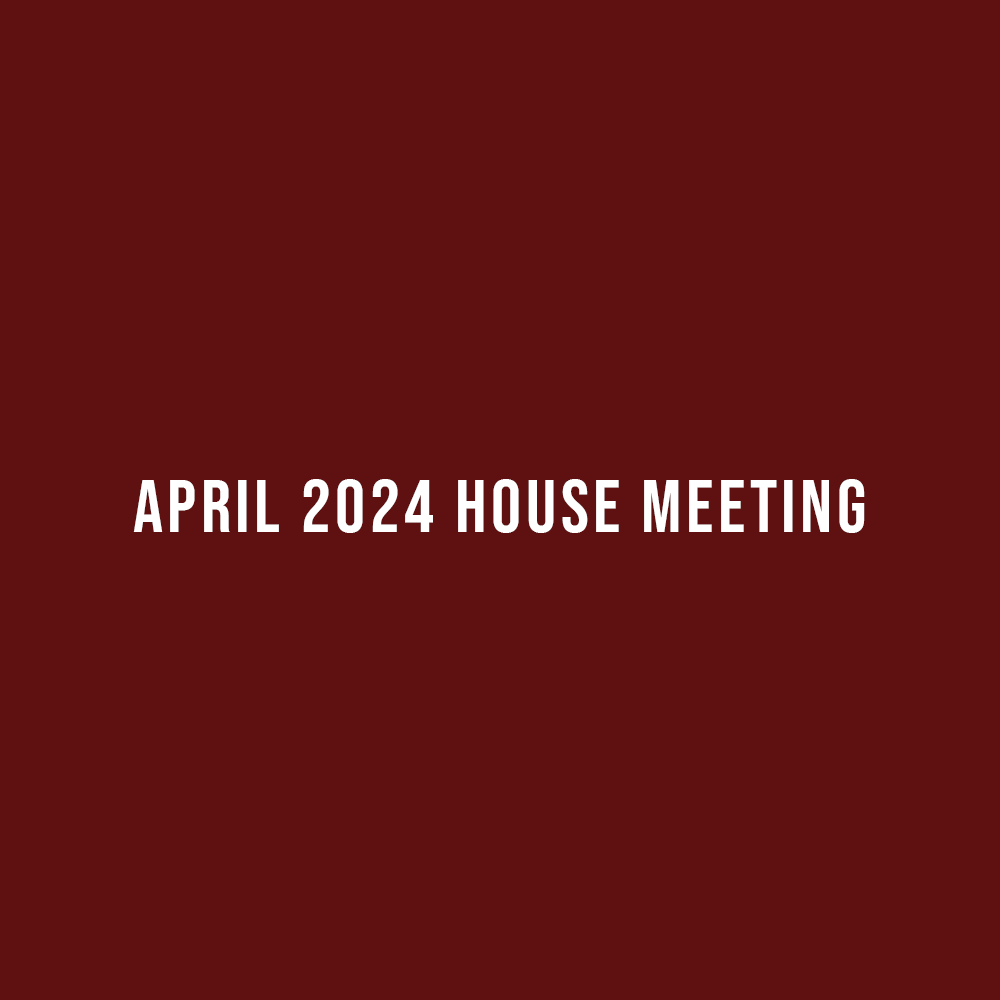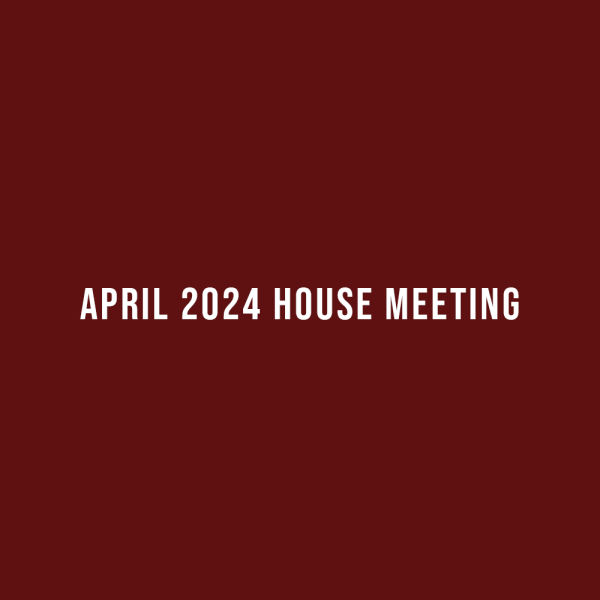Defending our Rights to Free Speech on a New Frontier: Net Neutrality
December 30, 2017
On Thursday, December 14th, the Federal Communications Center (FCC) voted to revoke net neutrality.
Net neutrality requires that Internet service providers distribute a channel of communication without favoritism or discrimination. All Internet traffic, regardless of size or influence, is given equal handling. At its core, the regulations repealed on the 14th protected the free voices of U.S. citizens. But now with the new repeal, data from “common carriers” of the Internet can be shown selectively. Giving leverage to massive telecom corporations like Verizon and AT&T will cause a natural bias towards apps or websites who can pay more money to support their products, thus leaving smaller companies with less financial backing in a difficult position. “I think information and reliance on Internet–the access to Internet–should be basic, fundamental needs for most of the people in the U.S.,” asserted Scarsdale parent Ed Wang. “The neutral access to information within online networks is super important.”
In 2008, the FCC demanded that Comcast stop slowing download and access speeds of the popular file-sharing network BitTorrent. When Comcast sued FCC’s order, the court case ruled in favor of Comcast. After the repeal on December 14th, a major broadband provider like Verizon can now boost service speeds on Netflix. As a result, industry rivals such as Amazon or Hulu might face disadvantages, and costs for their network outputs could rise. “[ISPs] can also control how fast the Internet runs and how much we need to pay in order to get the fastest service. Companies may raise the price of high-speed Internet, which would really hurt us as consumers,” remarked SHS student Daheun Oh ’21.
Now, in the face of a number of strong, personalized opinions in support of net neutrality, the nation’s prominent telecommunications service providers are promising that they will commit to the regulations of net neutrality. However, the vote’s final fate could end up in the hands of the Congress legislature or in court.
